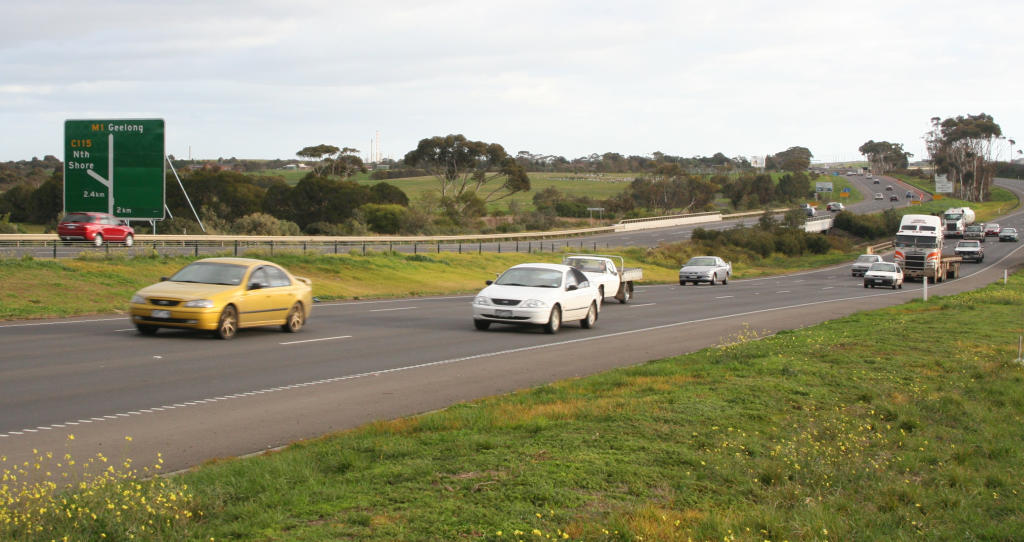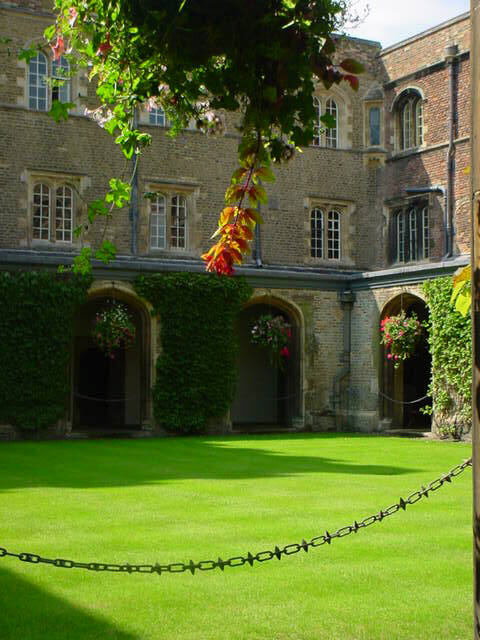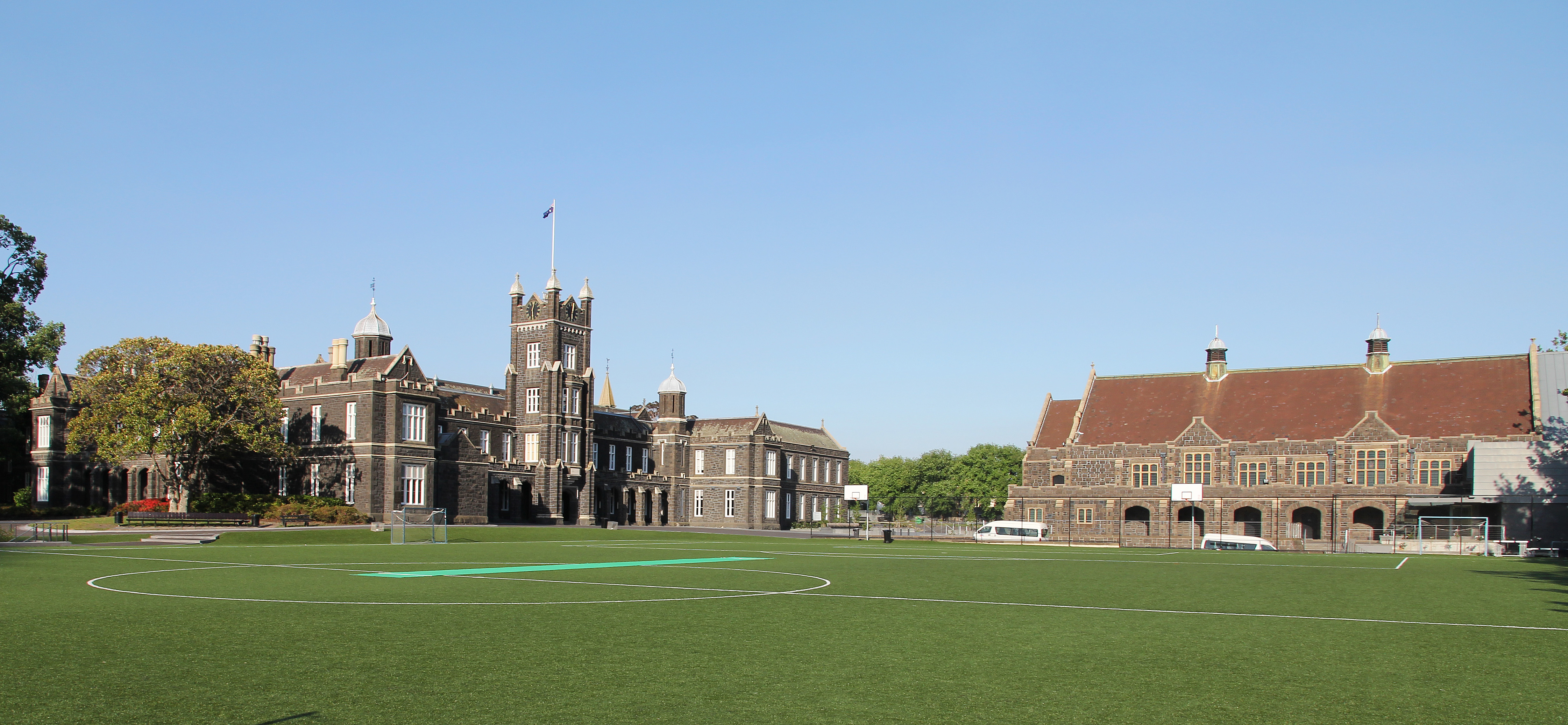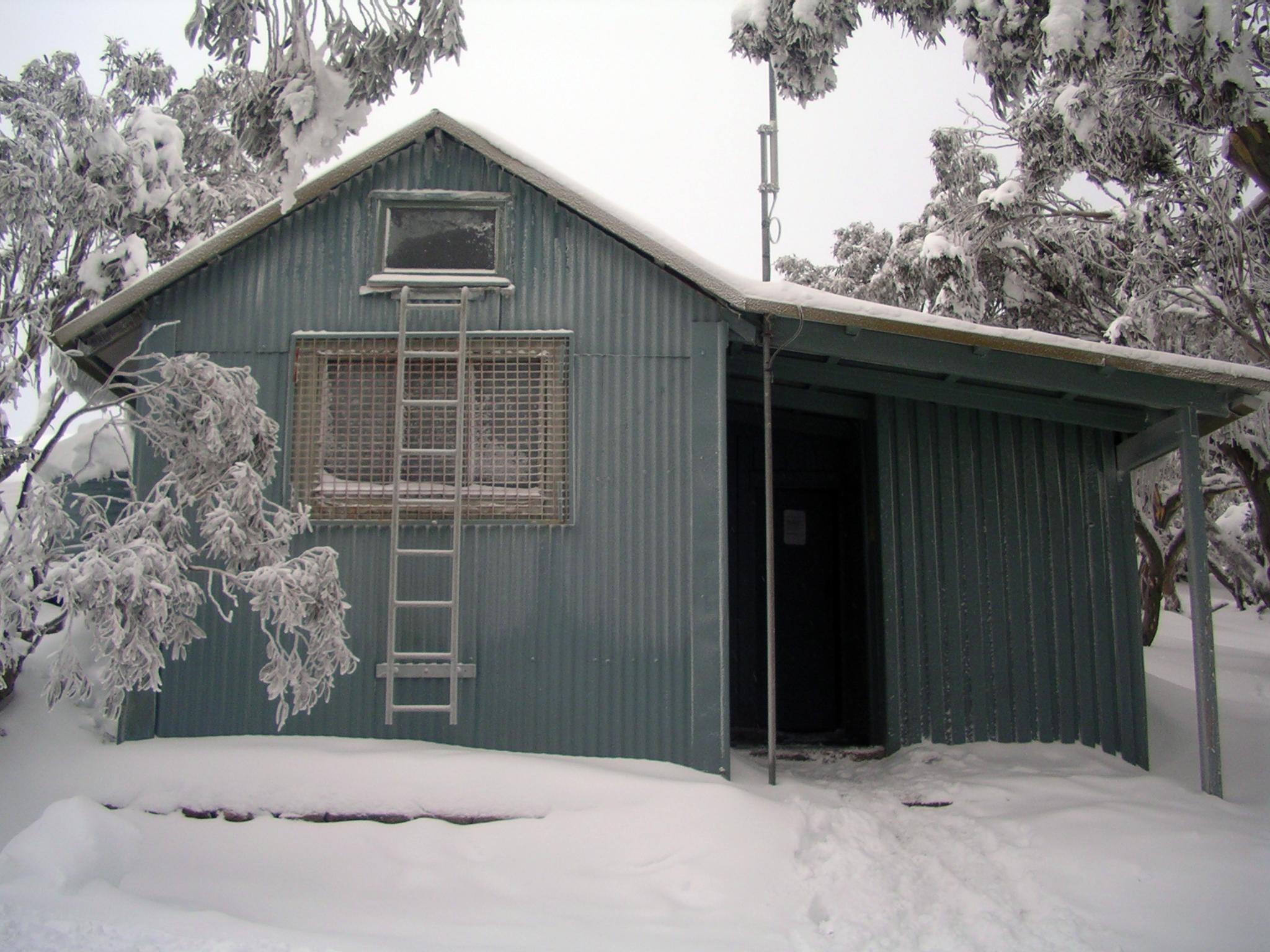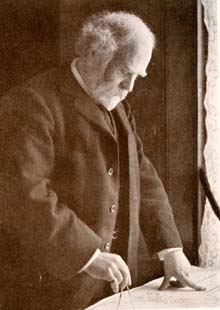|
Bertram Armytage
Bertram Armytage (29 September 1869 – 12 March 1910) was an Australian soldier and explorer. He fought in the Second Boer War and participated in the Nimrod Expedition to Antarctica during the Heroic Age of Antarctic Exploration, for which he was awarded the Polar Medal. Early life Armytage was born in Lara in 1869, the son of pastoralist Frederick William Armytage and Mary Susan Armitage. He grew up at Wooloomanata Station near Lara, before being educated at Geelong Grammar School and Melbourne Church of England Grammar School. A keen sportsman, he paddled a canoe from Melbourne to Geelong, before carrying it to the Barwon River, then rowing along the Barwon to Port Phillip Bay and back to Melbourne. He would later travel to England, where he attended Jesus College, Cambridge. He rowed for the college, earning first place in the Lent Races of 1888. After college he returned to Australia, where he worked on his fathers station, as well as a station in Queensland. Mi ... [...More Info...] [...Related Items...] OR: [Wikipedia] [Google] [Baidu] |
Lara, Victoria
Lara is a town in Victoria, 18 km north-east of the Geelong CBD, inland from the Princes Freeway to Melbourne. Its population at the 2021 census was 19,014. History Lara and its surrounding land was occupied for tens of thousands of years before European colonisation by the Wadawurrung people. The explorers Hume and Hovell arrived at Lara on 16 December 1824, believing that they had reached Westernport Bay. They recorded that the Aboriginals described the bay as ''Djillong'' and land as ''Corayo'', suggesting origins for the names of Geelong and Corio. The area was originally named Kennedy's Creek but was also given several different names, including Duck Ponds, Hovell's Creek, Cheddar, Swindon and Lara Lake. There were no more than a few farms there at that time. The railway through the town was opened in 1857 along with the local railway station, and several residential subdivisions were then announced. A Post Office opened on 1 March 1858 as Duck Ponds, ren ... [...More Info...] [...Related Items...] OR: [Wikipedia] [Google] [Baidu] |
Second Boer War
The Second Boer War (, , 11 October 189931 May 1902), also known as the Boer War, Transvaal War, Anglo–Boer War, or South African War, was a conflict fought between the British Empire and the two Boer republics (the South African Republic and Orange Free State) over Britain's influence in Southern Africa. The Witwatersrand Gold Rush caused a large influx of "Uitlander, foreigners" (''Uitlanders'') to the South African Republic (SAR), mostly British from the Cape Colony. As they, for fear of a hostile takeover of the SAR, were permitted to vote only after 14 years of residence, they protested to the British authorities in the Cape. Negotiations failed at the botched Bloemfontein Conference in June 1899. The conflict broke out in October after the British government decided to send 10,000 troops to South Africa. With a delay, this provoked a Boer and British ultimatum, and subsequent Boer Irregular military, irregulars and militia attacks on British colonial settlements in Natal ... [...More Info...] [...Related Items...] OR: [Wikipedia] [Google] [Baidu] |
South Africa
South Africa, officially the Republic of South Africa (RSA), is the Southern Africa, southernmost country in Africa. Its Provinces of South Africa, nine provinces are bounded to the south by of coastline that stretches along the Atlantic Ocean, South Atlantic and Indian Ocean; to the north by the neighbouring countries of Namibia, Botswana, and Zimbabwe; to the east and northeast by Mozambique and Eswatini; and it encloses Lesotho. Covering an area of , the country has Demographics of South Africa, a population of over 64 million people. Pretoria is the administrative capital, while Cape Town, as the seat of Parliament of South Africa, Parliament, is the legislative capital, and Bloemfontein is regarded as the judicial capital. The largest, most populous city is Johannesburg, followed by Cape Town and Durban. Cradle of Humankind, Archaeological findings suggest that various hominid species existed in South Africa about 2.5 million years ago, and modern humans inhabited the ... [...More Info...] [...Related Items...] OR: [Wikipedia] [Google] [Baidu] |
Jesus College, Cambridge
Jesus College is a Colleges of the University of Cambridge, constituent college of the University of Cambridge. Jesus College was established in 1496 on the site of the twelfth-century Benedictine nunnery of St Radegund's Priory, Cambridge, St Mary and St Radegund by John Alcock (bishop), John Alcock, then Bishop of Ely. The cockerel is the symbol of Jesus College, after the surname of its founder. For the 300 years from 1560 to 1860, Jesus College was primarily a training college for Church of England clergy. Jesus College has assets of approximately £375m making it Cambridge's fourth-wealthiest college. The college is known for its particularly expansive grounds which include its sporting fields and for its proximity to its Jesus College Boat Club (Cambridge), boathouse. Three members of Jesus College have each received a Nobel Prize. Two fellows of the college have been appointed to the International Court of Justice. Sonita Alleyne was elected master of Jesus College in 2 ... [...More Info...] [...Related Items...] OR: [Wikipedia] [Google] [Baidu] |
Port Phillip Bay
Port Phillip ( Kulin: ''Narm-Narm'') or Port Phillip Bay is a horsehead-shaped enclosed bay on the central coast of southern Victoria, Australia. The bay opens into the Bass Strait via a short, narrow channel known as The Rip, and is completely surrounded by localities of Victoria's two largest cities — metropolitan Greater Melbourne in the bay's main eastern portion north of the Mornington Peninsula, and the city of Greater Geelong in the much smaller western portion (known as the Corio Bay) north of the Bellarine Peninsula. Geographically, the bay covers and the shore stretches roughly , with the volume of water around . Most of the bay is navigable, although it is extremely shallow for its size — the deepest portion is only and half the bay is shallower than . Its waters and coast are home to seals, whales, dolphins, corals and many kinds of seabirds and migratory waders. Before European settlement, the area around Port Phillip was divided between the territorie ... [...More Info...] [...Related Items...] OR: [Wikipedia] [Google] [Baidu] |
Barwon River (Victoria)
The Barwon River is a perennial river of the Corangamite catchment, located in The Otways and the Bellarine Peninsula regions of the Australian state of Victoria. Location and features Fed by the confluence of the East and West Branches of the river, the Barwon River rises in the Otway Ranges and flows generally north by east and then east, joined by thirteen tributaries including the Leigh and Moorabool rivers and flowing through Lake Connewarre, before reaching its mouth and emptying into Bass Strait at Barwon Heads. The river flows adjacent to the settlement of Winchelsea and Greater Geelong. The estuarine section of the river forms part of the Port Phillip Bay (Western Shoreline) and Bellarine Peninsula Ramsar Site as a wetland of international importance, as well as of the Bellarine Wetlands Important Bird Area. From its highest point including its source confluence, the river descends over its course. The river is crossed by a number of bridges in Geelon ... [...More Info...] [...Related Items...] OR: [Wikipedia] [Google] [Baidu] |
Geelong
Geelong ( ) (Wathawurrung language, Wathawurrung: ''Djilang''/''Djalang'') is a port city in Victoria, Australia, located at the eastern end of Corio Bay (the smaller western portion of Port Phillip Bay) and the left bank of Barwon River (Victoria), Barwon River, about southwest of Melbourne. With an estimated population of 282,809 in 2023, Geelong is the second-largest city in the state of Victoria. It is the administrative centre for the City of Greater Geelong municipality, which is Port Phillip's only regional metropolitan area, and covers all the urban, rural and coastal reserves around the city including the entire Bellarine Peninsula and running from the plains of Lara, Victoria, Lara in the north to the rolling hills of Waurn Ponds to the south, with Corio Bay to the east and the Barrabool Hills to the west. The traditional owners of the land on which Geelong sits are the Wadawurrung (also known as Wathaurong) Indigenous Australians, Aboriginal people of the Kulin natio ... [...More Info...] [...Related Items...] OR: [Wikipedia] [Google] [Baidu] |
Melbourne Grammar School
Melbourne Grammar School is an Australian private school, private Anglican Church of Australia, Anglican Day school, day and boarding school. It comprises a co-educational preparatory school from Prep to Year 6 and a middle school and senior school for boys from Years 7 to 12. The three campuses are Grimwade House (Prep to Year 6) in Caulfield, Victoria, Caulfield, Wadhurst (Years 7 and 8) and Senior School (Years 9 to 12), both in the suburb of South Yarra. Founded on 7 April 1858 as the Melbourne Church of England Grammar School, the school currently caters for approximately 1,900 students from Prep to Year 12, including 120 boarders from Years 7 to 12. Melbourne Grammar is affiliated with the Association of Heads of Independent Schools of Australia (AHISA), the Independent Primary School Heads of Australia (IPSHA), thAustralian Boarding Schools' Association(ABSA), the Association of Independent Schools of Victoria (AISV), and is a founding member of the historic Associated ... [...More Info...] [...Related Items...] OR: [Wikipedia] [Google] [Baidu] |
Geelong Grammar School
Geelong Grammar School is a private Anglican co-educational boarding and day school. The school's main campus is located in Corio on the northern outskirts of Geelong, Victoria, Australia, overlooking Corio Bay and Limeburners Bay. Established in 1855 under the auspices of the Church of England, Geelong Grammar School has a non-selective enrolment policy and currently caters for approximately 1,500 students from Pre-school to Year 12, including 800 boarders from Years 5 to 12. In 2009, ''The Australian'' declared Geelong Grammar to be the "most expensive school in the nation", charging a fee of almost $29,000 for a Year 12 student. This remains true in 2024, with annual fees coming in at just under $50,000 for day students and $85,000 for boarding students. Among the school's alumni is King Charles III. In 2017, a Royal Commission into Institutional Responses to Child Sexual Abuse found that Geelong Grammar had failed to act on reports of widespread child sexual abuse. ... [...More Info...] [...Related Items...] OR: [Wikipedia] [Google] [Baidu] |
Wooloomanata Station
Wooloomanata Station was a sheep station located north-north-west of Lara, Victoria, Australia. Frederick William Armytage built a single storey U-plan Italianate style bluestone homestead with an intricate encircling iron verandah . The Australian Army hired the homestead for use as the Southern Command Training School in 1939 during World War II. In 1943, the Royal Australian Air Force hired the homestead as a pilots' and officers' mess while No. 79 Squadron RAAF (RAAF) was forming-up with Supermarine Spitfires The Supermarine Spitfire is a British single-seat fighter aircraft that was used by the Royal Air Force and other Allied countries before, during, and after World War II. It was the only British fighter produced continuously throughout the ... at Wooloomanata Aerodrome which had been constructed at the property. The Works Training Unit of the RAAF also operated from the property. References *"Wooloomanata"anWooloomanata Victorian Heritage DatabaseOzatWa ... [...More Info...] [...Related Items...] OR: [Wikipedia] [Google] [Baidu] |
Frederick William Armytage
Frederick William Armytage (1838-1912) was an Australian pastoralist. He was the sixth son of George Armytage. He was born on 17 October 1838 in Bagdad, Van Diemen's Land. His family moved to Geelong, Colony of New South Wales in 1851 (the area became Colony of Victoria in 1854). He was educated at the Diocesan Grammar School, now Geelong Grammar. He acquired Wooloomanata Station from his father and acquired additional properties in New South Wales and Queensland. He was associated with the development of the frozen meat export industry. He died in Melbourne on 3 September 1912. His son was Harry Armytage, the member for Grant in the Victorian Legislative Assembly The Victorian Legislative Assembly is the states and territories of Australia, state lower house of the bicameral Parliament of Victoria in Australia; the state upper house being the Victorian Legislative Council. Both houses sit at Parliament H .... References {{DEFAULTSORT:Armytage, Frederick William ... [...More Info...] [...Related Items...] OR: [Wikipedia] [Google] [Baidu] |
Heroic Age Of Antarctic Exploration
The Heroic Age of Antarctic Exploration was an era in the exploration of the continent of Antarctica which began at the end of the 19th century, and ended after the First World War; the Shackleton–Rowett Expedition of 1921–1922 is often cited by historians as the dividing line between the "Heroic" and "Mechanical" ages. During the Heroic Age, the Antarctic region became the focus of international efforts that resulted in intensive scientific and geographical exploration by 17 major Antarctic expeditions launched from ten countries.Barczewski, pp. 19–20. The common factor in these expeditions was the limited nature of the resources available to them before advances in transport and communication technologies revolutionized the work of exploration. Each of these expeditions therefore became a feat of endurance that tested, and sometimes exceeded, the physical and mental limits of its personnel. The "heroic" label, bestowed later, recognized the adversities which had to be ... [...More Info...] [...Related Items...] OR: [Wikipedia] [Google] [Baidu] |
